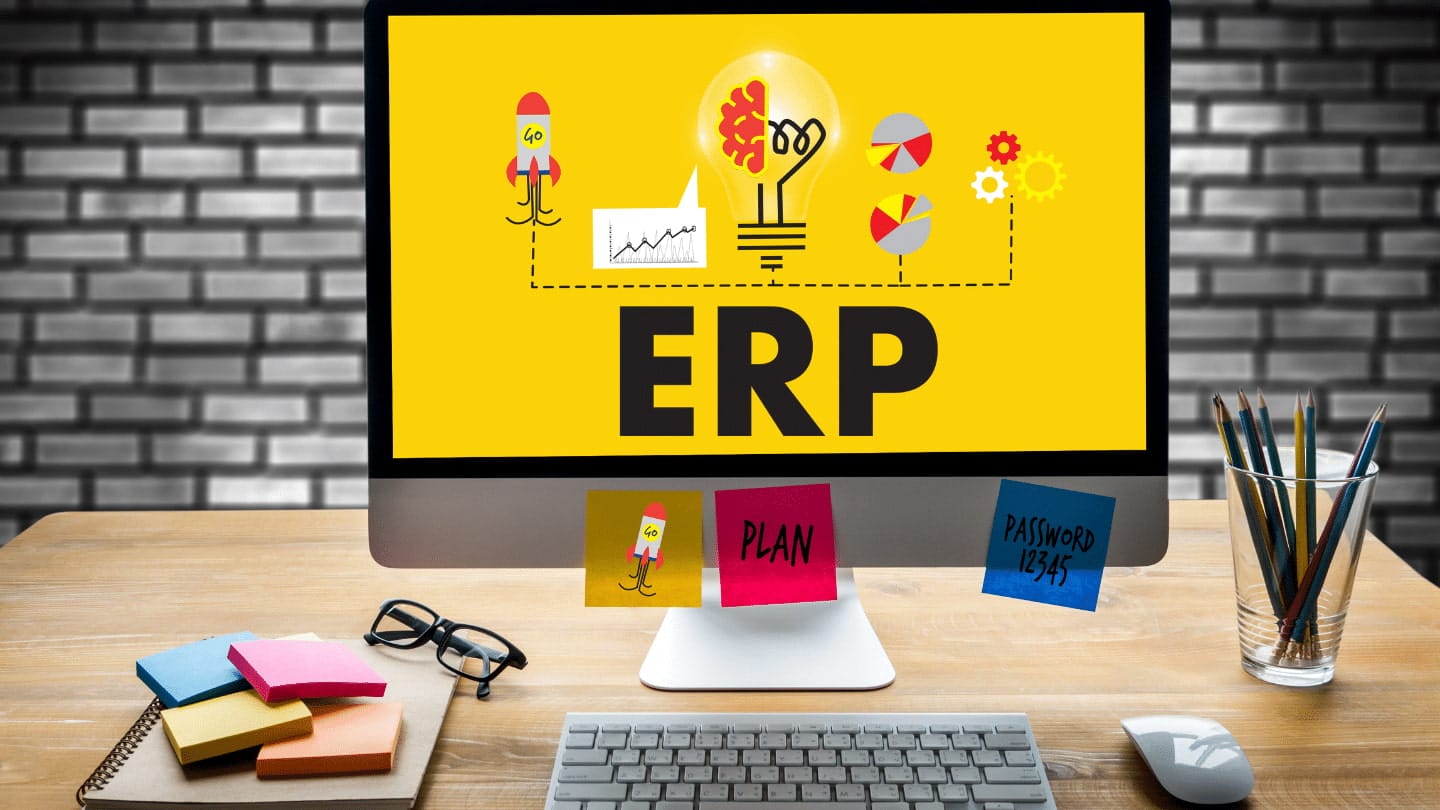Digital finance transformation has revolutionized finance management by making it more efficient, streamlined, and accessible. Businesses can leverage data-driven insights and automate routine financial processes in order to drive growth and profitability. Moreover, ERP (Enterprise Resource Planning) is the tool that enables companies to realize the benefits of digital finance fully.
ERP system is an integrated software solution that enables businesses to manage their core financial operations, including accounting, inventory management, procurement, and more, in a centralized and automated manner. Therefore, by implementing an effective ERP strategy, companies can enhance their financial visibility, improve process efficiency, reduce costs, and gain a competitive edge in the marketplace.

Table of Content:
Table of Content
ERP Strategy Fundamentals
As businesses increasingly adopt digital finance practices, ERP (Enterprise Resource Planning) software has emerged as a key tool for managing financial operations. However, implementing an ERP finance transformation requires a well-defined and effective strategy. For instance, here are some fundamental aspects that your businesses should consider:
Needs assessment for digital finance
Firstly, is to assess the company’s existing financial processes, systems, and data. This includes identifying pain points and challenges that need to be addressed and defining the specific goals and objectives of the ERP implementation.
Planning and objective setting
Based on the assessment, the companies should set clear and specific objectives for the ERP implementation. This involves defining the desired outcomes and identifying the metrics that will be used to measure success. Therefore, a roadmap should be created that outlines key milestones, timelines, and responsibilities.
Stakeholder engagement
An effective ERP strategy for digital finance transformation involves engaging all stakeholders, including finance and IT teams, as well as senior management, to ensure their buy-in and support. Therefore, clear communication of the benefits and objectives of the ERP system is crucial.
System integration for digital finance
Successful implementation of the ERP system requires careful integration with existing systems and data. Because this ensures the smooth transition of data to the new system and avoids errors and redundancies.
Continuous improvement
Implementing an ERP system should not be considered a one-time event. So, businesses should continually assess and improve their processes to ensure the system delivers the desired outcomes and maximizes value.
Also Read: 16 Best ERP Software in Singapore You Should Know in 2023
Finance Prediction Before Digital Finance
Digital finance has enabled businesses to make data-driven financial decisions, allowing for more accurate forecasting and budgeting. Therefore, finance prediction is an important aspect of financial management, and digital finance has made it easier and more effective.
So, by leveraging ERP (Enterprise Resource Planning) software, businesses can access real-time financial data, which can be used to predict future financial performance. This data can also be used to identify trends and patterns, helping businesses to make informed financial decisions.
Moreover, an ERP system can automate financial processes and reduce manual data entry, which reduces the risk of errors and allows for faster and more accurate financial predictions.
Reason ERP Strategy is Important for Digital Finance
In the context of digital finance transformation, an ERP (Enterprise Resource Planning) strategy is critical for achieving business success. For example, here are some reasons why:
Enhanced financial visibility
An ERP system provides a centralized database that integrates financial data from different sources, such as accounting, procurement, and inventory management systems. This improves financial visibility and enables companies to make data-driven decisions quickly which helps achieve digital finance.
Process streamlining
An ERP system automates routine financial processes, such as billing, invoicing, and payment processing. This reduces the need for manual data entry and minimizes errors, which can save time and reduce costs. Streamlining financial processes can also improve efficiency, allowing companies to focus on other aspects of their business.
Improved decision-making
An ERP system can provide insights into financial data, making it easier to identify trends and patterns. This information helps businesses to make informed financial decisions and take actions that drive business growth. For example, an ERP system can provide insights into cash flow, allowing to be able to make decisions about investments, debt management, and working capital.
Scalability for digital finance
As businesses grow, managing financial operations can become increasingly complex. An ERP system can scale with the business, ensuring that financial processes remain streamlined and efficient. An ERP system can also support multiple currencies, languages, and locations, making it easier for businesses to expand into new markets.
Compliance
Compliance with regulations and standards is critical for financial management. An ERP system can automate compliance procedures, reducing the risk of errors and ensuring that the business remains in compliance. For example, an ERP system can automatically generate financial reports that comply with regulatory requirements, such as GAAP (Generally Accepted Accounting Principles) or IFRS (International Financial Reporting Standards).
Conclusion
In conclusion, implementing an ERP system can effectively maximize digital finance in companies. ERP systems provide a centralized platform for managing financial data, which can help streamline processes, reduce errors, and also improve decision-making.
HashMicro ERP systems have integration with financial functions such as accounting, invoicing, and payment processing into one system. Additionally, it can facilitate better communication and collaboration between departments, reducing delays and errors in financial transactions. Try a free demo today and maximize your company’s digital finance with the number one ERP system in Singapore.







































